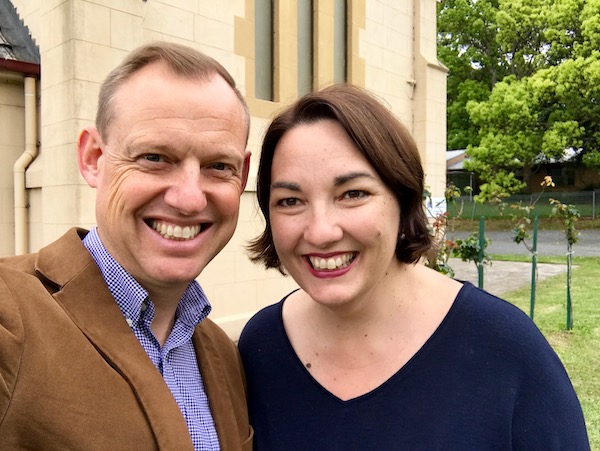Sorrow at Christmas time?

Why is it that Christmas seems to bring with it not just joy, but sorrow as well?
On one hand all the joys of the past year are combined and relived on this one great day. And yet, at the same time, your troubled remembrances and sorrows are collected together and brought to mind.
Sorrows are felt in a few ways, always in comparison to the joy we feel.
We feel the absence of a family all the more on this day as we think how much greater the joy would it have been if they were here. In the midst of a joyful gathering, suddenly a broken relationship intrudes on our thoughts.
Of all the days, Christmas is when we want families to be right, and yet they seldom are. The tensions that arise seem out of place on this day and so are even more painful – we are sad that we could even be sad on this day.
The gap between our sorrow and joy is at its greatest, and so we feel them all the more.
What would the day look like if we’d just if we had room only for joy? What place does sorrow have on Christmas?
Without sorrow we would not be reminded of the need to forgive – for it is the hurts of others that are its most common cause. Learning to forgive brings with it a unique joy all of its own, a joy that is right at home at Christmas.
For it is impossible to forgive without first discovering the forgiveness of Christ. And this is the reason Jesus came, this is what Christmas is about – that God would enter our work and bear our sorrows upon himself.
Even on that very first Christmas, the joy of the Angels was intermingled with sorrow. There was sorrow in the words Simeon prophesied to Mary “and a sword will pierce through your own soul also” Luke 2:35.
I am hoping for the most joyous Christmas – one that reminds me of the birth of our Saviour. But I also know that in the quiet moments when a pang is felt, I am taken closer to the truth of Christmas too.
SIMON CHAPLIN









